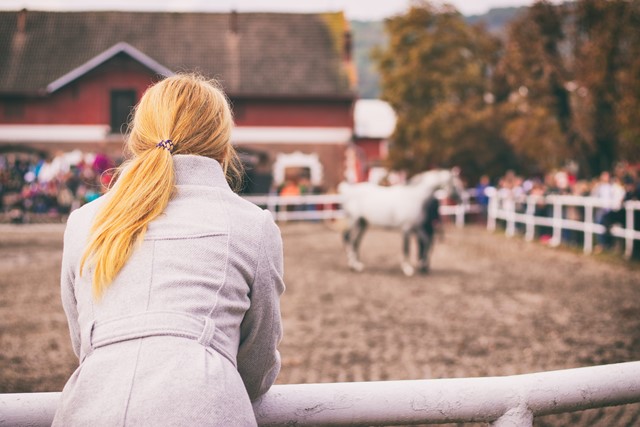Purchasing a horse can be a daunting task. Whether you are looking for a trainable yearling for intense performance or a reliable senior horse for 4-H Play Days, it is a sizeable investment in what can be a future member of the family. To help guide you through the process, Hi-Pro asked renowned veterinarian Dr. Chris Morrow to give a little guidance on the process.
- Are there any universal traits that apply regardless of age or type of activity the horse will be used for?
Gentle is the prettiest color to most of the population. If a horse is gentle and courteous they will fit most situations. It is essential that inexperienced horse owners seek credible help in learning the skills necessary to care for a horse and to keep themselves safe. There will be plenty of time for adventure if we have the right horse in the right place.
- When it comes to the registration, what bloodline trends are most desirable?
Breeding trends depend on the discipline. The best bloodlines tend to produce horses that are versatile due to their size, conformation, demeanor and athletic ability.
- Are there any negative traits or characteristics that someone should be on the lookout for?
Gentle, attentive and courteous are always winners. Fractious, obtuse and overbearing are rarely sought after. Physically if there is asymmetric wear to the bare foot there is likely a problem with an articulation or in the mechanical conformation of the limb.
- When it comes to the adult horse temperament, what is ideal and how can that be identified?
Temperament is often times situational, so putting the horse into the environment that we hope to enjoy would be best. If we are looking to buy a tried and true ranch/trail horse that has never been to town and use that horse in parades we would like to expose the individual to similar stimuli such as noises and banners.
- Are there any specific questions the buyer should ask the seller?
The buyer should always ask for the complete veterinary care record. This will give us insight into the vaccination status, dental care and deworming schedule for our new horse. For performance horses the past lameness/orthopedic procedures would be helpful in knowing what we can expect. Often times sellers will present a horse and use the term “Never been lame/sick or whatever a day in their life”. That statement is nonsensical and leads me to believe they are A) not observant of the horse or B) not trustworthy with pertinent information.
- If someone is purchasing a yearling, what would you look for physically?
When purchasing an immature horse it is often helpful to examine the sire and the dam to estimate the size and conformation of the get. Careful observation of the individual as they are in motion, a look at their feet on a hard level surface to determine wear patterns, lifting each limb flexing each joint and observing painful responses or detection of effusion to any of the articulations.
- What should someone look for in the yearling temperament, and why?
I prefer a bright eye that is curious and keen. We are going to trust our lives to these animals so it is important to establish good rapport. Horses also measure us up. If we are having a tough day they are less likely to seek us out while a confident gait and positive attitude will attract them to us.
- What are some of the reasons someone might prefer to purchase a mature horse?
Mature horses take all of the above guesswork away in terms of conformation and mature size. Most horses are skeletally mature by the time they are 5-7 years old. This allows for a more accurate estimate of how this horse will be for the rest of its life. Also, by the time they are 5-7 years old, for the most part, their temperament is more predictable. Generally, horses that are kept in similar situations will continue to have the same behaviors and performance. For example, expecting an open caliber barrel horse to be suitable for a beginner trail rider or vice versa would likely not be the best fit.
- What physical traits should they look for?
Beauty is always in the eye of the beholder. A horse that is large enough to carry the rider with appropriate attributes for the desired task would be primary. It would not be a good idea for someone that has problems mounting a horse due to knee or hip problems to select a specifically tall or large barreled horse since they are hard to mount or difficult to ride comfortably.
- What are some of the reasons someone might prefer a senior horse?
Senior horses are excellent companions for people who want a pet as much as they want a horse. A retired champion may not be able to perform as they did during their prime but nonetheless are a great source of pride for all of the people who are involved. The advancement in nutrition has allowed for many horses to remain healthy and useful through their 20’s. Feeds such as Hi-Pro Senior and Alfa-Pro are great examples of highly digestible balanced feeds that allow for senior horses to thrive.
- When it comes to the senior horse temperament, what is ideal and how can that be identified?
Similar to the mature horse, with the additional component of failing sight as horses age and cataracts become more prevalent. This will affect a horse’s ability to see in low light and may create a safety issue in some situations.
Hi-Pro Feeds would like to thank Dr. Morrow for taking the time to answer these questions. Check out our Premium Equine Feeds by clicking here.


